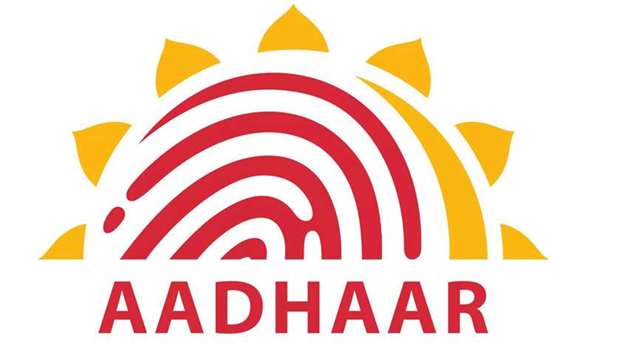A unique 12-digit identity number linked to biometric details that the government wants to use as primary proof of citizenship can be used for distribution of state welfare benefits, India's Supreme Court ruled Wednesday, according to legal website Live Law.
The court, however, ruled that it could not be made compulsory to provide the Aadhaar number for access to other services, including bank accounts, telephone connections and school admissions.
More than 1 billion Indians have already signed up for Aadhaar, set up to be a secure form of digital identification citizens can use to access government services.
Initially meant to be used to claim social security benefits, the government had gradually spread its reach, making it compulsory to link it with income tax numbers, bank accounts and even mobile phone services.
There was huge concern about whether Aadhaar - built on a mammoth biometric database comprising fingerprints and iris scans - could be made mandatory and whether it would lead to a surveillance state.
There were also concerns about the security of the databank, with many pointing out that it could be easily compromised.
The government had defended Aadhaar on several grounds, noting its effectiveness in ensuring proper distribution of benefits to millions, which they argue has prevented siphoning of funds, which was common under older, paper-based systems.

